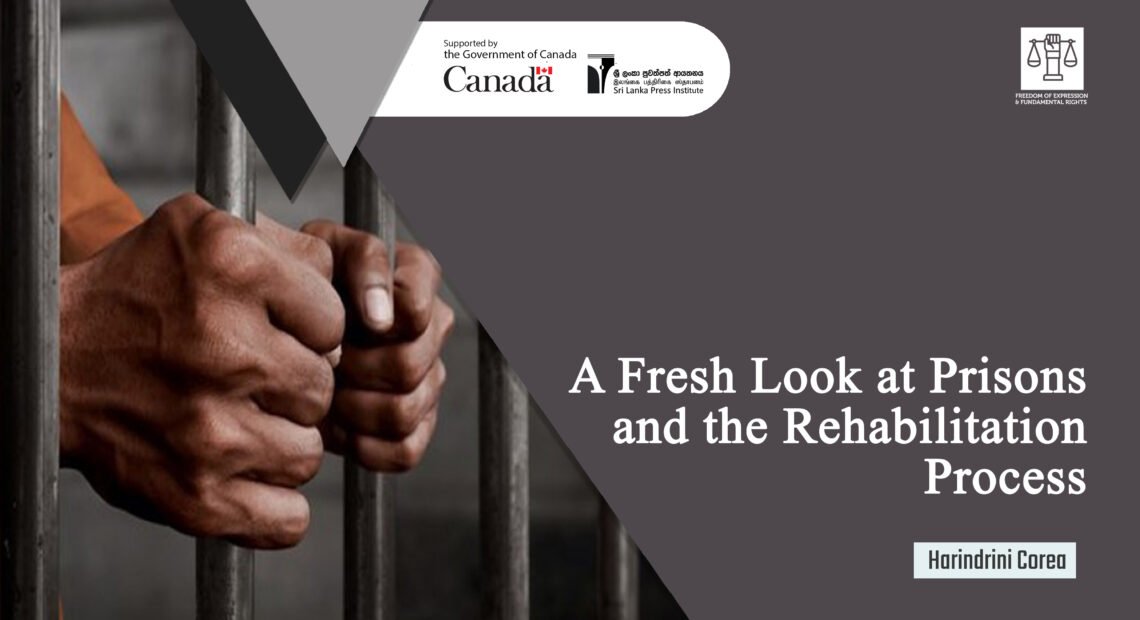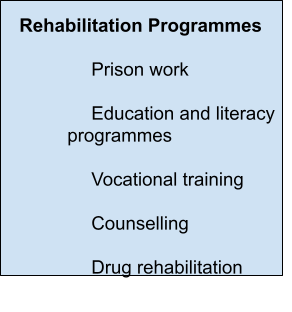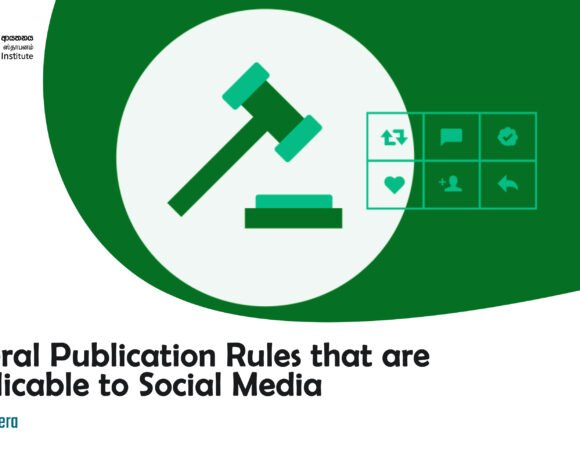
A Fresh Look at Prisons and the Rehabilitation Process
Harindrini Corea
The Prison Study, conducted by the Human Rights Commission (HRC) reports on the weaknesses in the existing corrections system and the necessity for a rehabilitative focus rather than punitive one for there to be effective prevention of crime. The high rates of recidivism in Sri Lanka suggest that there are problems with the conditions of incarceration and inability for prisoners to be able to properly integrate socially and economically after release from prison. One of the key findings of the study was the lack of rehabilitation programmes focused on individual prisoners.
Findings of the HRC study on the rehabilitation of prisoners

Prison work
Prisoners are engaged in work inside and outside the prison on a work release scheme. Work conditions are unfavorable and seem to supplement the punishment of prisoners rather than support them to spend their time productively.
Education and literacy programmes in prison
The results of the study on the level of education of prisoners revealed that most male inmates had completed their Grade Eight or Ordinary Level exams, but less than 10% of inmates from all detention categories, except PTA remandees, had completed their Advanced Level exams. The majority of female inmates had completed Grade 8 or O/Level exams with less than 15% of female detainees having completed their A/Level exam. The access to complete education whilst in prison is important to prevent recidivism and to provide access to opportunities. However, the quantitative data illustrates that generally very few prisoners stated they were involved in any kind of educational programme in prison.
Vocational training in prison
The results of the study revealed that 11% of men and 14% of women were involved in vocational or skills training. In addition, another 22% of men stated they were involved in prison work while 7% of women stated the same. It must also be noted that some prisoners saw a difference between prison work and vocational/skills training, whilst party work is also designed with a goal to provide vocational/skills training.
It is imperative to ensure that prisoners have the opportunity to learn employable skills that can satisfy the current labour market demands. Hence, time in prison can function as the crucial intervention for prisoners who have experienced a cycle of crime and violence from a young age.
Counselling services in prison
The study reported that counselling services in prisons seem to be administered at the discretion of the prison administration and thus implemented in an ad-hoc manner rather than as a regular and structured programme.
Drug rehabilitation
The study reported a lack of medical personnel at the treatment centres managed by the National Dangerous Drugs and Control Board and a lack of standardized policy to assess the drug dependency of a prisoner who was a drug user to determine the treatment required. Furthermore, the few existing treatment centres did not possess the capacity to satisfy the demand for drug rehabilitation.
Challenges to Rehabilitation in Prison
A retributive approach to punishment, ineffective prison management and mistreatment of prisoners prevents the effective rehabilitation of prisoners and does not deter the commission of crime. Accordingly, the use of non-custodial measures instead of imprisonment, such as community-based corrections, rehabilitation of drug dependent persons and probation are more efficient alternatives for the prevention of crime. Reform of the existing correctional system can only occur when there is investigation into and re-examination of the philosophy, policy and procedures of the penal system. A correctional system that has a rehabilitative focus will ensure that prisoners are able to integrate into society upon their release from prison and be treated with respect and dignity.








